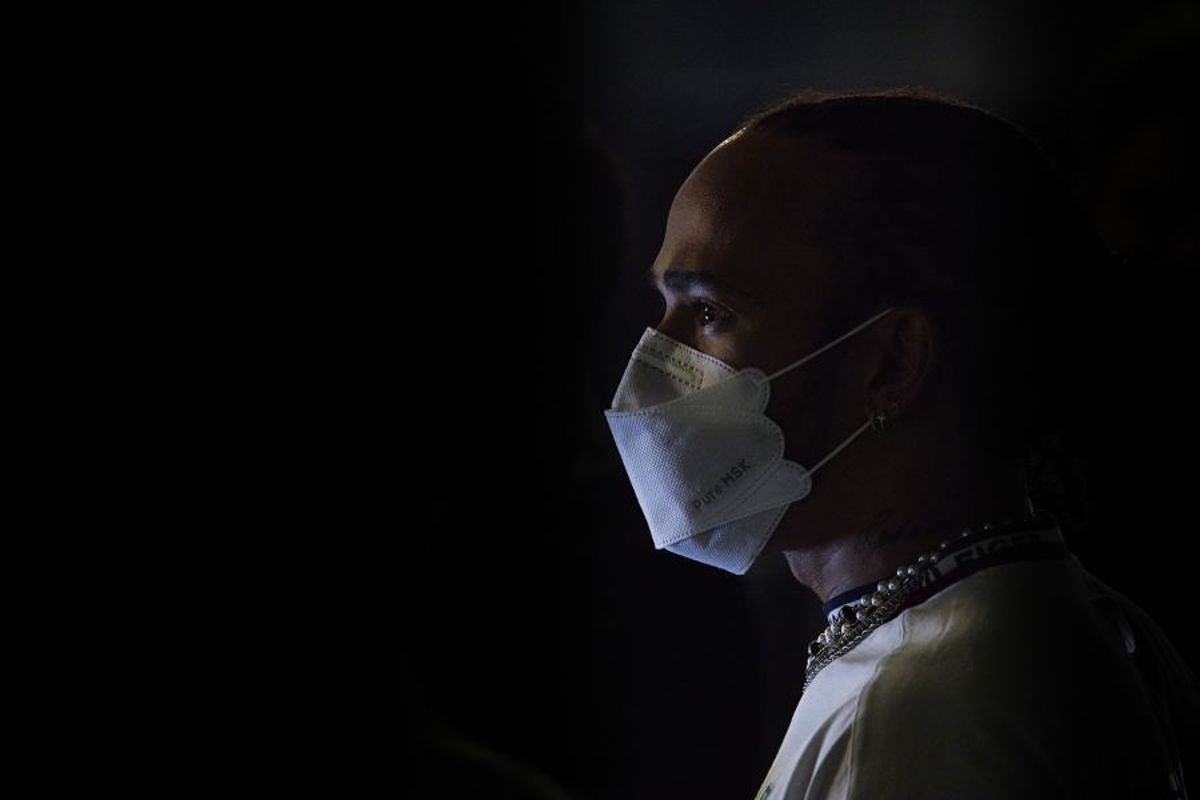
Latest News

Latest F1 News
'What a wimp!' Zak Brown pokes fun at Lando Norris over F1 title celebrations
- Yesterday 22:55

Max Verstappen
Max Verstappen banned from flying on medical advice
- Yesterday 21:57

Latest F1 News
Ferrari 'problems' developing over F1 2026 as surprise team 'most advanced'
- Yesterday 21:25

Lewis Hamilton
Lewis Hamilton private chat confirms retirement decision
- Yesterday 20:54

F1 News & Gossip
Oscar Piastri drops F1 future revelation LIVE on stage
- Yesterday 19:52

Ferrari
Ferrari confirm 2026 signing as racer set to compete in THREE series at once
- Yesterday 18:57
Most read

50.000+ views
Max Verstappen Abu Dhabi penalty haunts F1 title dreams
- 7 december

30.000+ views
F1 Qualifying Results: Abu Dhabi Grand Prix times and grid positions
- 6 december

30.000+ views
Who is Adam Norris? Lando's father who became a millionaire from pensions
- 7 december

30.000+ views
F1 News Today: Christian Horner plan materialises as Aston Martin announce F1 swap for Abu Dhabi GP
- 4 december

25.000+ views
F1 Race Today: Abu Dhabi Grand Prix start time, TV channel and FREE live stream
- 6 december

20.000+ views
F1 News Today: McLaren DISQUALIFIED as statement issued on team principal sacking reports
- 24 november

























 Grand Prix of Australia 2025
Grand Prix of Australia 2025  Grand Prix of China 2025
Grand Prix of China 2025  Grand Prix of Japan 2025
Grand Prix of Japan 2025  Grand Prix of Bahrain 2025
Grand Prix of Bahrain 2025  Saudi Arabian Grand Prix 2025
Saudi Arabian Grand Prix 2025  Grand Prix De Monaco 2025
Grand Prix De Monaco 2025  Gran Premio de España 2025
Gran Premio de España 2025  Grand Prix du Canada 2025
Grand Prix du Canada 2025  Grand Prix of Austria 2025
Grand Prix of Austria 2025  Grand Prix of Belgium 2025
Grand Prix of Belgium 2025  Grand Prix of Hungary 2025
Grand Prix of Hungary 2025  Grand Prix of Azerbaijan 2025
Grand Prix of Azerbaijan 2025  Grand Prix of Singapore 2025
Grand Prix of Singapore 2025  Gran Premio de la Ciudad de Mexico 2025
Gran Premio de la Ciudad de Mexico 2025  Grande Prêmio de São Paulo 2025
Grande Prêmio de São Paulo 2025  Qatar Grand Prix 2025
Qatar Grand Prix 2025  Grand Prix of Abu Dhabi 2025
Grand Prix of Abu Dhabi 2025 